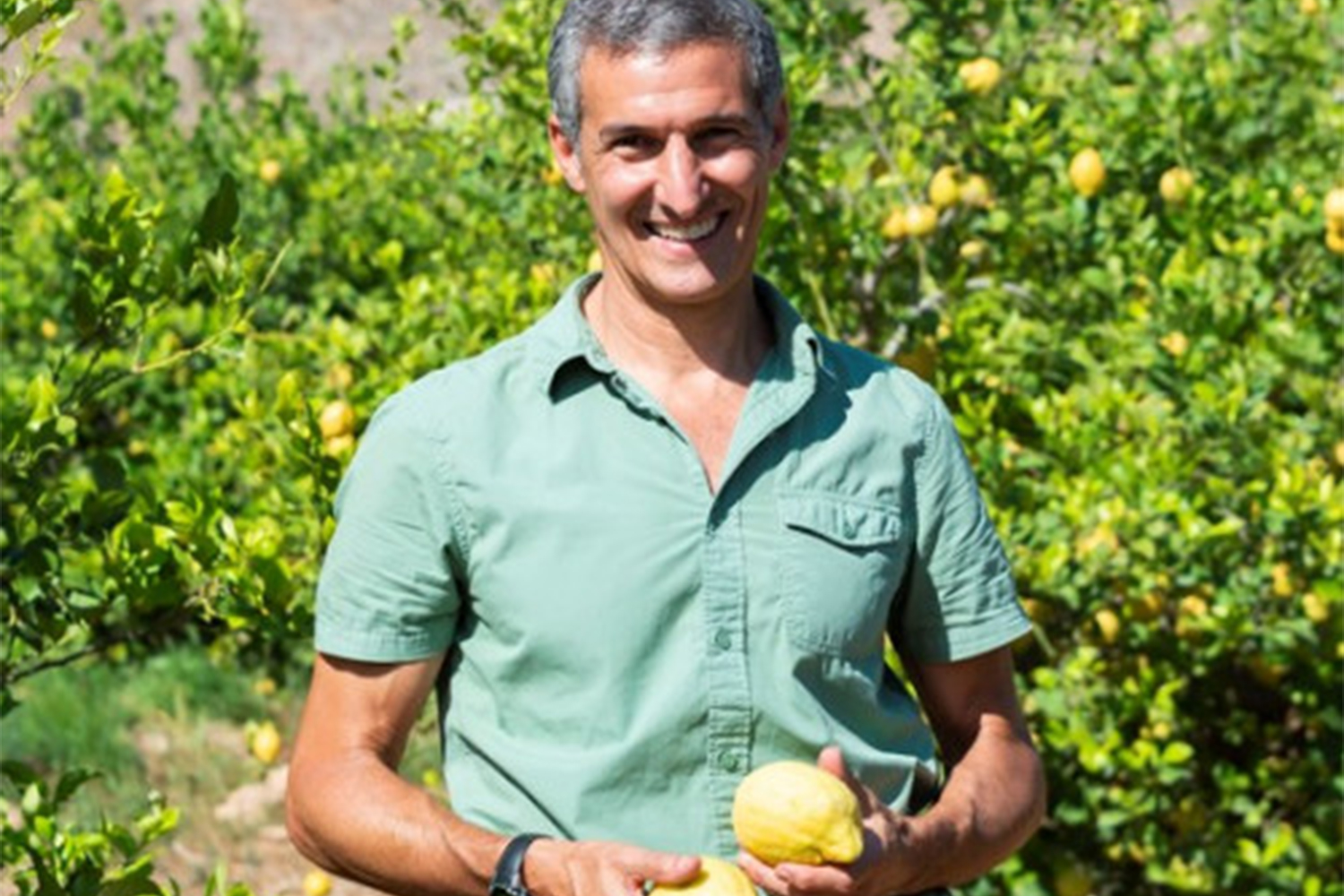PODCAST PEOPLE: A Summary from the Real Leaders Podcast
“If we can change the way people eat, that feels like the biggest, direct way for people to take action against climate change.”
Seth Goldman is an activist entrepreneur: Co-Founder of Honest Tea, Chair of the Board at Beyond Meat, and now Founder of Eat the Change, a platform that combines marketplace solutions with education and activism to empower consumers to make dietary choices aligned with their concerns around climate and health.
The following is a summary of Episode 179 of the Real Leaders Podcast, a conversation with entrepreneur Seth Goldman. Read or listen to the full conversation below.
A Global Movement to Restore the Planet
Seth is committed to democratizing plant-based and planet-healthy foods. He assures us that a worldwide shift in diet is not only better for people, but essential for the planet. Current agricultural systems are a major contributor to rising emissions, which means eating habits directly impact climate change. The race to solve these problems, however, has not put a spotlight on diet, which, because it is personal and not political, could be one of the most effective solutions. Through Honest Tea, Beyond Meat, and Eat the Change, Seth has emphasized that if we only changed our dietary habits, we could very well change the world.
He offers an example from the positive impact of Beyond Meat:
“We knew that every time we sold a Beyond Burger, we were helping somebody who very likely was going to choose an animal based product. And so the best way to measure that was to understand the environmental footprint of one burger. And we learned it uses 99% less water and 93% less land — a lot of positive aspects. So then just sell millions of burgers — ideally, billions of burgers — and your impact magnifies with it.”
Planet-Friendly Means Palate-Friendly
Seth emphasizes that the best way to measure a company’s impact is to ingrain its mission into its product. But when it comes to healthful, environmentally conscious foods, a company mission, no matter how powerful, isn’t enough. The thing about starting a global dietary habit is that plant friendly options need to taste good, and perhaps even taste better than their traditional counterparts.
“I can tell them all about our environmental commitments, and the fact that there’s no soy, wheat, corn, rice, sugar, potatoes. But how does it taste? So it’s got to taste good. And if it tastes good, and if it’s well packaged and priced competitively, then the mission can be an advantage.”




































